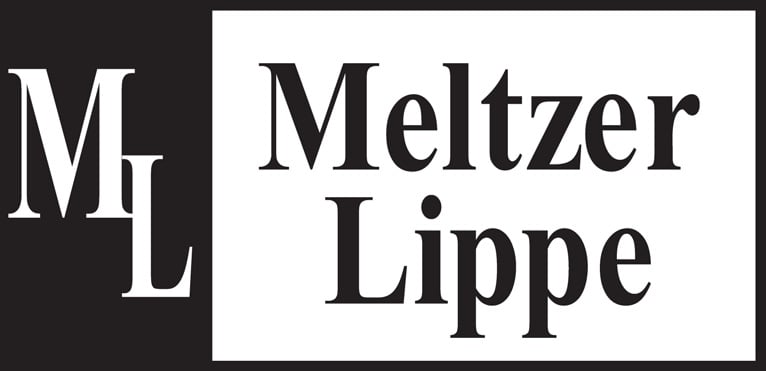On December 27, 2023, the New York State Department of Labor finalized new rates for the tip credit and exempt employee salary thresholds as well as rates for meal credits and uniform maintenance pay. As such, employers should act quickly to ensure their pay practices reflect these changes, which will become effective on January 1, 2024. The new “tip credit” rates are outlined below:
Food Service Workers (New York City, Westchester, Long Island)
- Minimum wage = $16 per hour
- Cash Wage = $10.65 per hour
- Overtime Cash Wage = $18.65 per hour
- Tip Credit = $5.35 per hour
Food Service Workers (rest of New York)
- Minimum Wage = $15 per hour
- Cash Wage = $10 per hour
- Overtime Cash Wage = $17.50 per hour
- Tip Credit = $5 per hour
Service Employees (other than Food Service) (New York City, Westchester, Long Island)
- Minimum Wage = $16 per hour
- Cash Wage = $13.35 per hour
- Overtime Cash Wage = $21.35
- Tip Credit = $2.65 per hour
Service Employees (other than Food Service) (rest of New York)
- Minimum Wage = $15 per hour
- Cash Wage = $12.50 per hour
- Overtime Cash Wage = $20 per hour
- Tip Credit = $2.50 per hour
The new exempt employee salary thresholds are as follows:
- New York City, Long Island, and Westchester: $1,200/week ($62,400/year); and
- The remainder for New York: $1,125/week ($58,500/year).
In addition to ensuring the pay practices comply with these new regulations, employers should prepare new Wage Notices that accurately reflect the new minimum wage, tip credit, meal credit and uniform maintenance pay where applicable. Finally, employers should review their payroll to ensure their “exempt” employee salaries meet these new thresholds. Please note that satisfying the salary threshold is only one part in determining whether an employee is properly classified as “exempt” from the overtime requirements.
Given the nuances of determining whether an employee should be classified as “exempt” from overtime, employers should speak with experienced employment attorneys. Employers with questions relative to the foregoing are encouraged to reach out to your Meltzer Lippe advisor or contact Nicholas P. Melito at Meltzer, Lippe, Goldstein & Breitstone, LLP.
